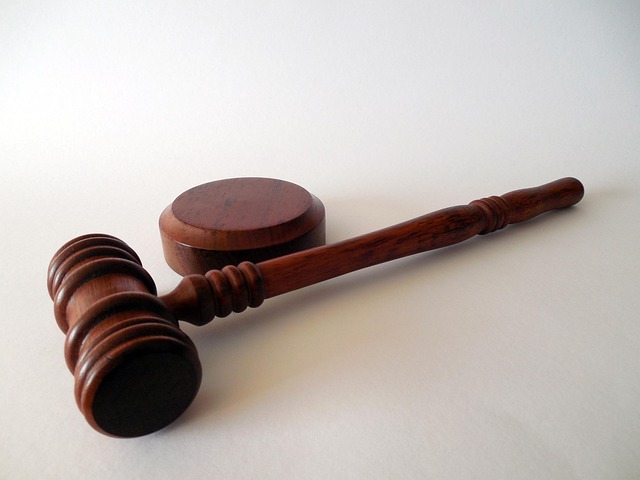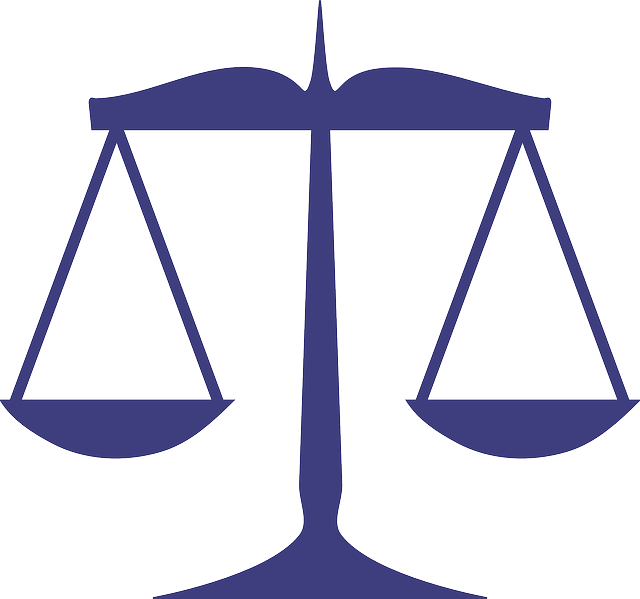Understanding litigation requires recognizing its diverse nature, from white-collar defense to complex federal trials. The Importance of Due Process in Court is critical for ensuring fairness, protecting rights, and upholding the integrity of the legal system. Litigants need skilled counsel to navigate procedures, guarantee equal treatment, maintain judicial integrity, and foster trust, especially in high-stakes cases like white-collar crime. Best practices include open communication, clear documentation, ethical conduct, and adhering to strict due process to deliver justice and maintain confidence from various communities.
Litigation, a cornerstone of legal systems, encompasses various types tailored to specific disputes. This article offers a comprehensive overview of different litigation types, highlighting the crucial role of due process in protecting parties’ rights throughout the court process. We’ll explore common challenges and best practices in litigation procedures, emphasizing the significance of due process in ensuring fairness and justice. By understanding these aspects, stakeholders can navigate legal battles more effectively.
- Understanding Different Types of Litigation: A Comprehensive Overview
- The Role of Due Process in Protecting Parties' Rights
- Common Challenges and Best Practices in Litigation Procedures
Understanding Different Types of Litigation: A Comprehensive Overview

Understanding Different Types of Litigation involves recognizing that cases vary greatly in nature and complexity. From white collar defense to more straightforward winning challenging defense verdicts, each type demands a tailored approach. The importance of due process in court cannot be overstated; it ensures fairness, protects individual rights, and maintains the integrity of the legal system. Across the country, litigants navigate various procedures – from small claims courts to complex federal trials – emphasizing the need for adept legal counsel to advocate on their behalf and secure favorable outcomes.
The Role of Due Process in Protecting Parties' Rights

The role of due process is paramount in ensuring that court proceedings protect the rights of all parties involved. It serves as a cornerstone for fairness and justice, especially in high-stakes cases like white collar defense. Due process guarantees that individuals are afforded their day in court, allowing them to present evidence, confront accusers, and have their rights defended robustly. This is particularly crucial in complex legal battles where the stakes can be immense, with the potential for a complete dismissal of all charges hanging in the balance.
By adhering strictly to due process, courts maintain their integrity and ensure that every party receives equal treatment. This includes the right to legal representation, notification of allegations, and a transparent trial process. These fundamental principles are essential for upholding the rule of law and safeguard against arbitrary decisions, ultimately fostering trust in the judicial system.
Common Challenges and Best Practices in Litigation Procedures

Litigation procedures can be complex and fraught with challenges. One of the primary considerations is ensuring the importance of due process in court. Every party involved deserves a fair and impartial hearing, which includes access to evidence, the right to present their case, and protection from unreasonable delays. Failure to uphold these principles can lead to dissatisfaction, mistrust, and potential legal complications.
Best practices in litigation aim to mitigate these challenges. They emphasize open communication among all stakeholders, clear documentation of every step in the process, and adherence to ethical standards. Moreover, for cases involving white collar and economic crimes, these practices become even more critical. Avoiding indictment and ensuring due process are essential not only for delivering justice but also for fostering trust in the legal system by philanthropic and political communities.
In understanding different types of litigation and navigating their complexities, the importance of due process cannot be overstated. By ensuring fair procedures and protecting parties’ rights, litigants can avoid common challenges and achieve just outcomes. Balancing efficiency with due process is key to maintaining a robust legal system that serves all stakeholders effectively.






